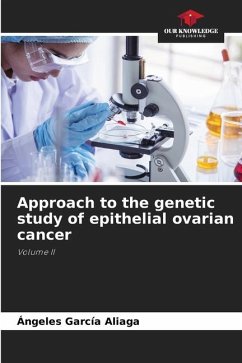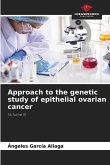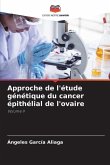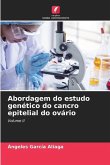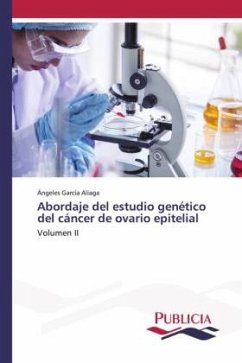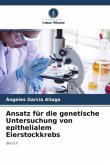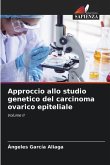Hypothesis, objectives and methodology for the genetic study of epithelial ovarian cancer. Ovarian cancer is the gynaecological cancer with the highest mortality rate, with high-grade serous ovarian cancer accounting for 75% of this pathology, characterised by having an aggressive course and being diagnosed in advanced stages. One of the inclusion criteria according to the Spanish Society of Medical Oncology for high-risk hereditary breast and ovarian cancer syndrome (HOCCOS) is the diagnosis of non-mucinous high-grade epithelial ovarian cancer. HOCCOS has an autosomal dominant inheritance pattern in cancer susceptibility genes. Historically, the risk of SCMOH has been mainly linked to germline mutations in BRCA1/2. However, it is now also associated with tumour suppressor genes involved in DNA repair. High-grade ovarian cancer is evidenced by being genetically unstable and approximately 50% of these tumours present deficiency in DNA repair mechanisms by homologous recombination.
Bitte wählen Sie Ihr Anliegen aus.
Rechnungen
Retourenschein anfordern
Bestellstatus
Storno

